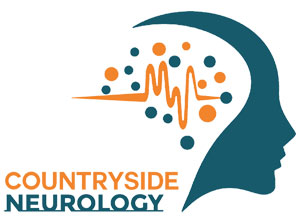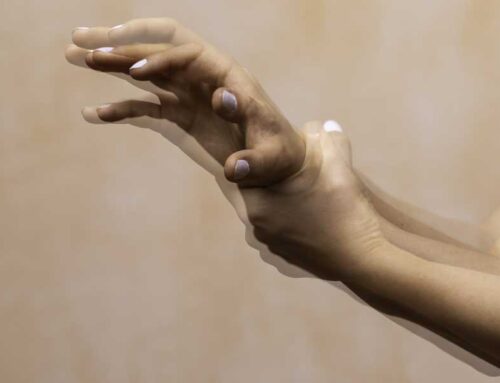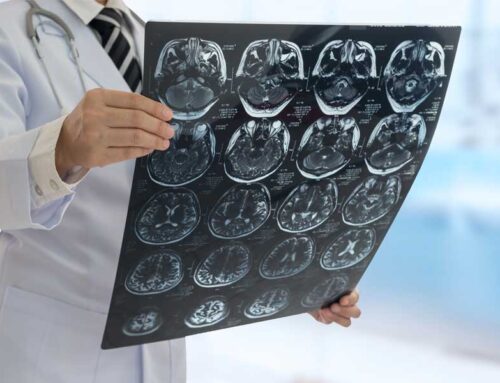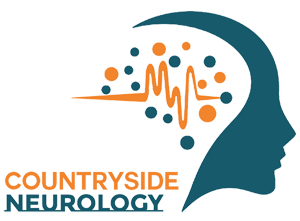Paralysis can be a life-altering condition, impacting mobility, independence, and quality of life. At Countryside Neurology, we understand the challenges that individuals living with paralysis face, and we’re committed to providing comprehensive support and innovative therapies to help them regain independence and lead fulfilling lives. Join us as we explore the journey to independence beyond paralysis, from understanding the causes to embracing rehabilitation techniques and utilizing assistive technology.
Understanding the Causes
Paralysis can result from various causes, including:
- Spinal Cord Injuries: Traumatic spinal cord injuries, often caused by accidents or falls, can lead to partial or complete paralysis below the level of injury.
- Stroke: A stroke occurs when blood flow to the brain is disrupted, leading to brain damage and potential paralysis on one side of the body.
- Neurological Disorders: Conditions such as multiple sclerosis (MS), cerebral palsy, and Guillain-Barré syndrome can cause paralysis due to damage to the nervous system.
- Traumatic Brain Injuries: Severe head injuries can damage the brain and result in paralysis, depending on the location and extent of the injury.
Understanding the underlying cause of paralysis is essential for developing an effective treatment and rehabilitation plan tailored to the individual’s needs.
Rehabilitation Techniques
Rehabilitation plays a crucial role in the recovery and management of paralysis. Rehabilitation techniques may include:
- Physical Therapy: Physical therapy focuses on improving strength, flexibility, and mobility through targeted exercises and therapeutic interventions.
- Occupational Therapy: Occupational therapy helps individuals develop the skills and strategies needed to perform daily activities independently, such as dressing, cooking, and personal care.
- Speech Therapy: Speech therapy may be necessary for individuals with paralysis affecting speech and swallowing functions, helping them regain communication abilities and prevent complications such as aspiration pneumonia.
- Assistive Devices: Utilizing assistive devices such as wheelchairs, walkers, braces, and adaptive equipment can enhance mobility and independence for individuals with paralysis.
Assistive Technology
Advancements in assistive technology have opened up new possibilities for individuals living with paralysis. Assistive technology includes:
- Mobility Aids: Wheelchairs, scooters, and powered mobility devices provide individuals with paralysis the freedom to move independently and participate in daily activities.
- Communication Devices: Speech-generating devices, eye-tracking systems, and other assistive communication devices enable individuals with paralysis to express themselves and engage with others effectively.
- Home Automation: Smart home technology can be customized to accommodate the unique needs of individuals with paralysis, allowing them to control appliances, lighting, and other home features with ease.
- Neuroprosthetics: Advanced prosthetic devices and exoskeletons can restore lost limb function and mobility for individuals with paralysis, enhancing their quality of life and independence.
If you or a loved one is living with paralysis, don’t hesitate to reach out to Countryside Neurology at 727-712-1567 to schedule a consultation with our specialists. Our team is dedicated to providing personalized support and innovative therapies to help you on your journey to independence beyond paralysis. Let us be your partner in reclaiming mobility, independence, and a fulfilling life.





